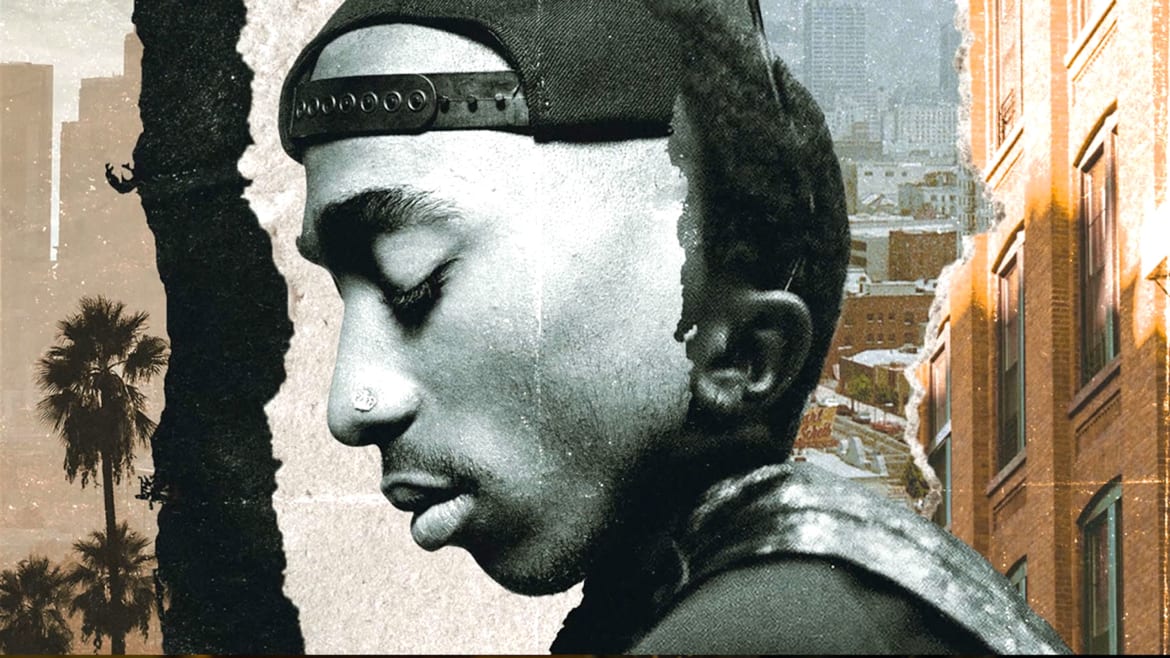FX
There may be no hip-hop artist who’s been mythologized more than Tupac Shakur—this is an icon, after all, who had so many posthumous albums released following his 1996 death (seven, in fact) that some fans began semi-jokingly speculating, à la Elvis rumors, that he wasn’t really dead but, rather, continuing to record in secret. Dear Mama does not, alas, reveal that Tupac has been in hiding for the past 26 years. Yet director Albert Hughes’ five-part docuseries—whose first episode premiered at the Toronto International Film Festival, and which will air this fall on FX—does seek to shine an illuminating light on its subject, revisiting his rise to stardom through the prism of his upbringing with his mother, Afeni Shakur.
Tupac and Afeni’s bond has not gone unnoticed for the last few decades; Hughes’ series is even named after the smash single that the rapper wrote about her. Nonetheless, Dear Mama intends to be an intertwined dual biography, illustrating how Afeni’s tenure in the Black Panther movement of the 1960s and 1970s helped shape her son, who consequently grew up in an environment of proud, defiant Black activism. As its premiere makes clear, Tupac took the lessons passed down from his mother to heart, extolling from an early age a Black Power ethos that was as unfiltered as it was passionate—and, also, potentially risky, given that his outspokenness wasn’t always received with open arms and ears. At the same time, Tupac and Afeni’s relationship had its own strains, thanks in large part to the latter’s persistent addiction to crack cocaine in the 1980s.
All of that is addressed in Dear Mama’s maiden installment, although not necessarily with the lucidity one might hope for in an investigative biographical series such as this. Hughes certainly doesn’t lack for archival material. Particularly insightful is an extended clip of Tupac, as a 17-year-old Tamalpais High School student, speaking eloquently about his mom, racism, injustice and the rocky path that brought him to that Marin City, California, point in his life, which had been preceded by stops in New York City and Baltimore. There’s also footage of him as a rising performer, on stage with his initial groups, and then with Digital Underground, who gave him his first taste of the spotlight and a platform to prove that he was a singular voice to be heard. Outtakes from the studio and film sets, as well as photos from the late ‘80s and early ‘90s, round out a package that foregrounds and celebrates Tupac’s personality and creativity, conveying both his fieriness, sweetness, and sense of humor.

